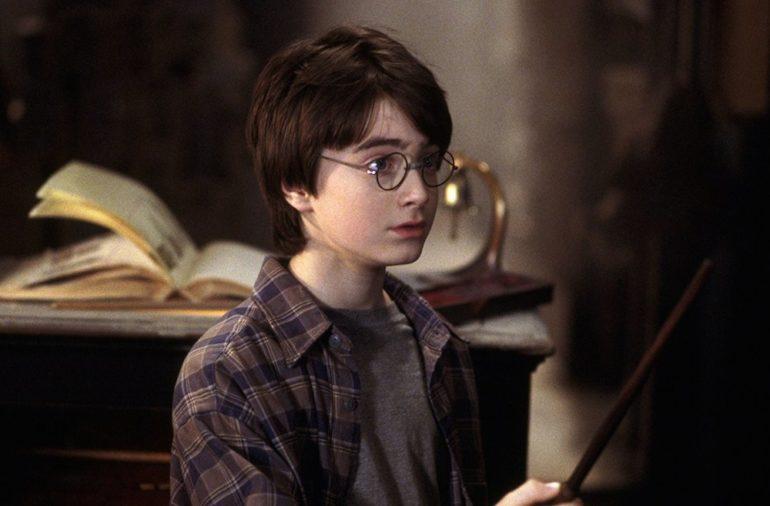Harry Potter Books Removed at Nashville Catholic School
By Dano Nissen
LOS ANGELES (Variety.com) – The long-beloved Harry Potter books have been yanked from the library shelves of St. Edward Catholic School in Nashville, evidently for fear that students will conjure “evil spirits” upon reading the wizard-centric series.
The Rev. Dan Reehil laid out his objections to the books in an email obtained by the Tennessean .
“These books present magic as both good and evil, which is not true,” the e-mail reads. “The curses and spells used in the books are actual curses and spells; which when read by a human being risk conjuring evil spirits into the presence of the person reading the texts.”
It’s not just the books’ magical properties; he also claimed the misadventures of and his friends “promote a Machiavellian approach to achieving the ends they desire.”
Reehil’s decision to remove the books from circulation came on the recommendations of exorcists in United States and Rome, according to the e-mail.
St. Edward Catholic School, which is a K-8, isn’t the first to purge the series. The American Library Association in a 2000-2009 survey named the “Harry Potter” series the most banned book in the United States, primarily for religious reasons.
Rebecca Hammel, the superintendent of schools for the Catholic Diocese of Nashville, said Reehil is “well within his authority to act in that manner.”
“Each pastor has canonical authority to make such decisions for his parish school,” she said.
Hammel said the books have been pulled from a new library, but believes they still remain in other school libraries throughout the diocese. She said students are still allowed to read the books on school grounds, reported CNN .
Hammel said ultimately the decision over whether children should read the books lies with parents rather than the Catholic Church. She said, “While the Catholic Church has expressed no formal position on the books and related movies, many voices in the Church, even at higher levels, have expressed that the subject matter may be appropriate when due consideration is given to the maturity of the reader. We leave these decisions to you [the parents] as your children’s primary educator.”

